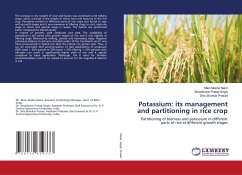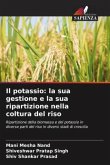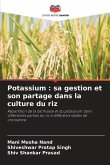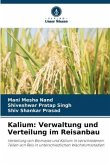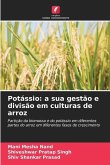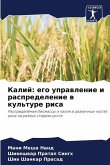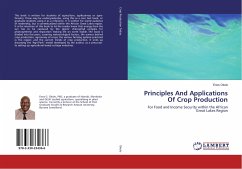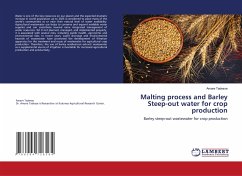The increase in dry weight of root and leaves was continued until milking stage, while, increase in dry weight of shoot was until maturity of the rice crop. Potassium content in different parts of rice crops was found to vary with growth stages and it was maximum at tillering stage in root, maturity stage in shoot and panicle stage in leaves. The hybrid rice performed better compared to inbred variety in respect of growth, yield attributes and yield. The availability of potassium in soil varied with growth stages of rice and it was highest at tillering stage followed by milking, panicle and harvesting stage. Negative potassium balance in soil was recorded under all the treatments and it was more pronounced in hybrid rice than the inbred rice grown soils. Thus, it can be concluded that synchronization of split applications of potassium (50% basal + 50% panicle or 50% basal + 25% tillering + 25% panicle) with nitrogen can result in significantly higher yield of rice and K uptake compared to basal application. Although, the K rates for fertilizer recommendation need to be revised to account for the negative K balance in soil.

